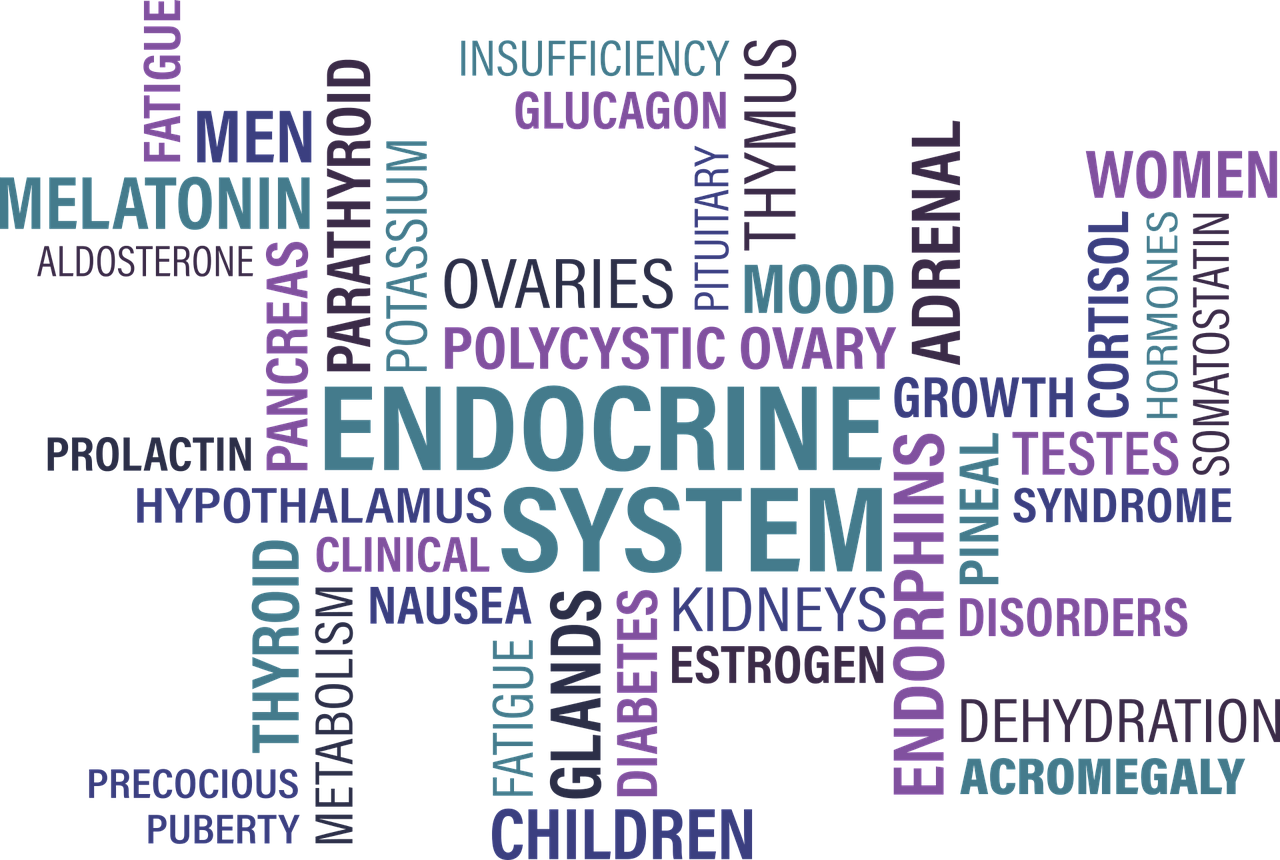
Hashimoto's Disease (Thyroiditis) Hashimoto's disease, or thyroiditis is an autoimmune condition. When the immune system's antibodies attacks the thyroid glands it causes inflammation and destruction of the tissue. This condition is known as Hashimoto's disease, the most prevalent cause of hypothyroidism, which is an underactive thyroid gland. The disease reduces the thyroid's ability to produce sufficient amounts of thyroid hormone. Without enough thyroid hormone the body cannot function properly. Risk Factors It is generally accepted by the medical profession that if a person has a diagnosis of Hashimoto's disease, it is very possible that they also suffer from other autoimmune conditions. The risk also increases when there is a family history of autoimmune disease. Hashimoto's disease can occur at any age, however it is more common in middle age. Women are much more likely than men to contract the disease. Symptoms Of Hashimoto's Disease Symptoms of the condition are usually the same as those of other types of hypothyroidism, and doctors recommend a thyroid function test if the following early signs are detected.
Individual symptoms may not be of concern, but if a cluster or pattern exists medical advice should be sought. " Tiredness for no apparent reason " Dry skin " Pale puffy face. " Increased sensitivity to cold " Difficulty concentrating " Unexplained weight gain " Muscle soreness " Prolonged or excessive menstrual bleeding. Treatment Of Hypothyroidism Medical tests of the thyroid function determine the presence of hypothyroidism caused by Hashimoto's disease. When this condition is detected it is treated with a replacement synthetic hormone. The treatment, which is simple and effective, helps maintain normal thyroid hormone levels. There is no cure for this condition, so treatment is for life, as symptoms will recur if the medication is stopped. It is possible to have Hashimoto's thyroiditis for years without experiencing any symptoms. The disease typically progresses slowly over years and can causes chronic thyroid damage, which then results in a persistent drop in thyroid hormones in the blood.

Complications if left untreated, are an underactive thyroid gland caused by Hashimoto's disease and can lead to a number of health problems. An increased risk of heart disease can occur when hypothyroidism is not addressed. High levels of blood cholesterol may occur in people with this thyroid gland problem, and it has been known to cause an enlargement of the heart and even heart failure. Depression may occur early in Hashimoto's disease, increasing over time and sometimes leading to slowed mental functioning. A decrease in sexual desire (libido), in both men and women is also common. A life threatening condition called myxedema can develop due to long term untreated hypothyroidism. Symptoms include drowsiness, profound lethargy followed by coma. This condition may be fatal in severe cases, however it is a very rare complication of Hashimoto's disease. Higher risks of birth defects have been found in babies born to woman with untreated hypothyroidism caused by Hashimoto's disease.
It is common knowledge among medical practitioners that these children are more prone to intellectual and development problems. Endocrinologists believe there may be a link between hypothyroidism pregnancies and children born with birth defects such as cleft palate, heart, kidney or brain malfunctions. A condition known as goiter may occur when the constant stimulation of the thyroid to release more hormones cause the gland to become enlarged and prominent. An advanced goiter can cause problems breathing and swallowing.
 Add Row
Add Row  Add
Add 




Write A Comment